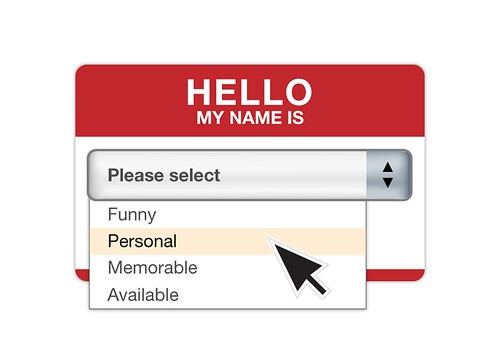It's not always great fun to come up with character names. In fact, for many authors it's more of a hassle. The protagonist is one thing, but when you have to come up with names for that guy in the hallway, that random next door neighbor and everybody's brother, of course you're going to get a little cross-eyed. Figure out everything you need to know about character names, and make it easier on yourself.
By Any Other Name
Pretty much every character is going to need a name, but the most important belongs to your main character. With every main character, keep a few points in mind: make it easy to remember, easy to spell and unique enough to stand out. You want your main character to be memorable and sharable, and for that you've got to have a name that trips right off the tongue.
The same rules don't apply to all the other characters in your books, with the exception of the main supporting cast. Love interests should also be fairly easy to spell and remember, yet still interesting. Nicknames are a good way to make names more original. In The Neverending Story, the character Sebastian is often called Bastian as a nickname. Get creative with your nicknames, and your characters will be more unique and much more memorable.
Using celebrity names is dicey business. If it's somehow relevant to the character, you might want to name your hero after a celeb. Use the first name only and at all times avoid using a celebrity's name unless you're simply referencing them (example: "Don't you love that new Katy Perry song?"). Never use a celeb's name negatively. Otherwise, you're risking a lawsuit.
Look for names through baby naming sites. You'll find hundreds of them
through a general Internet search, and I swear by them. They're
especially good if you don't have any ideas for names. Try searching by
meaning, by origin or by first letter, and you're sure to find some
likely candidates.
























